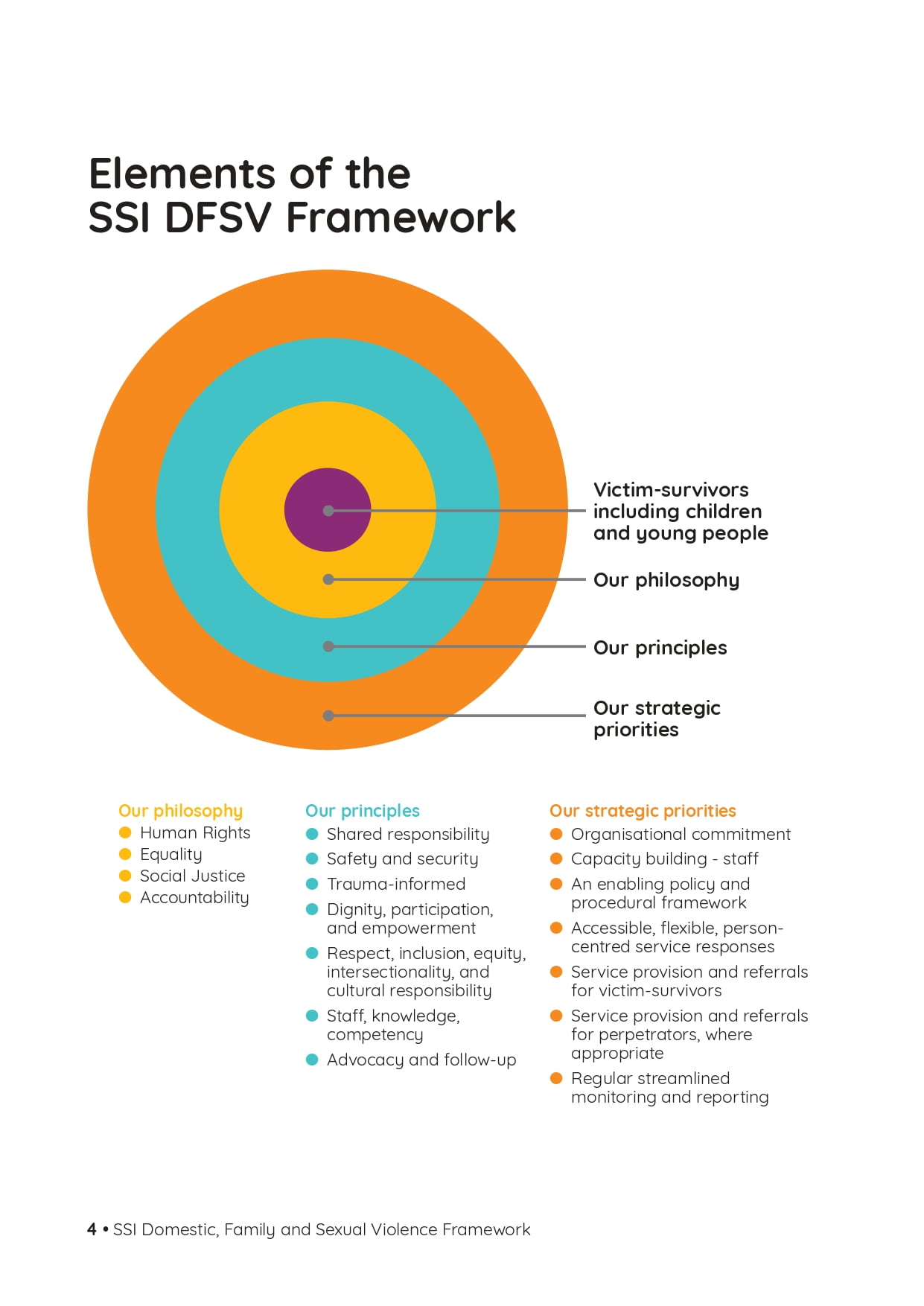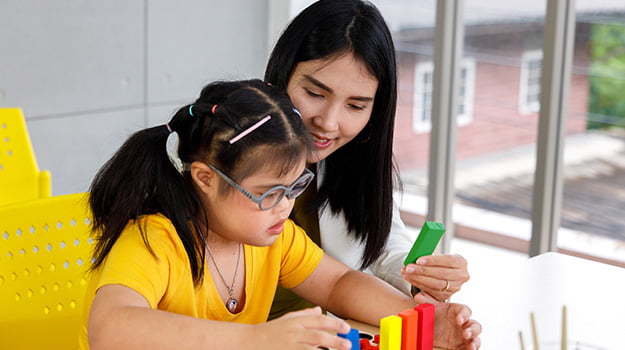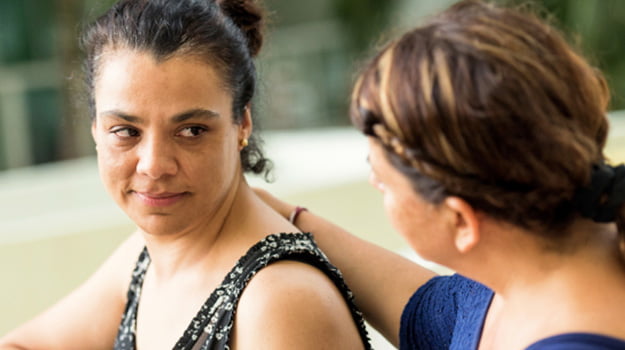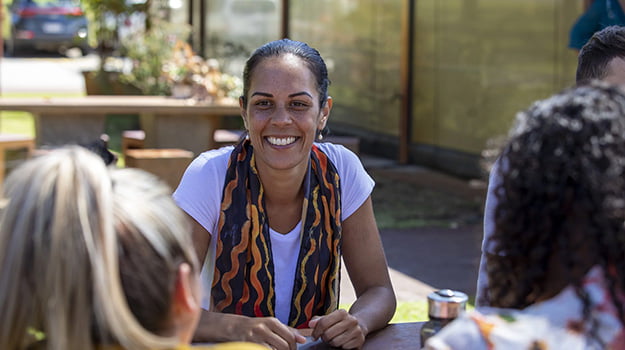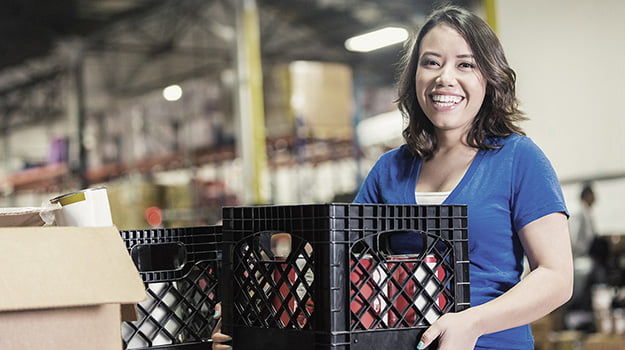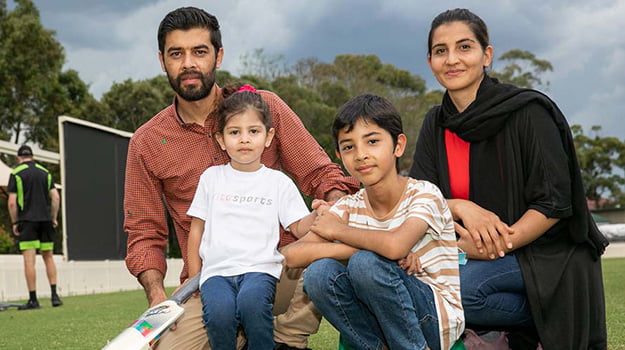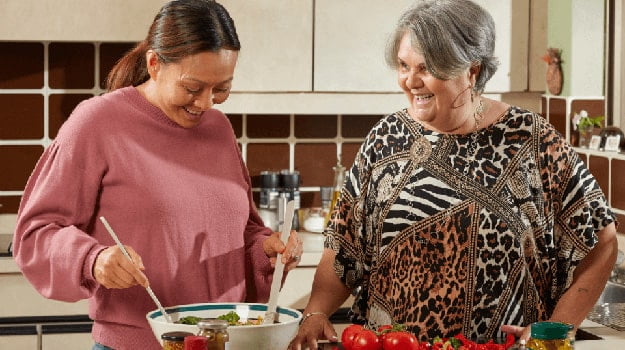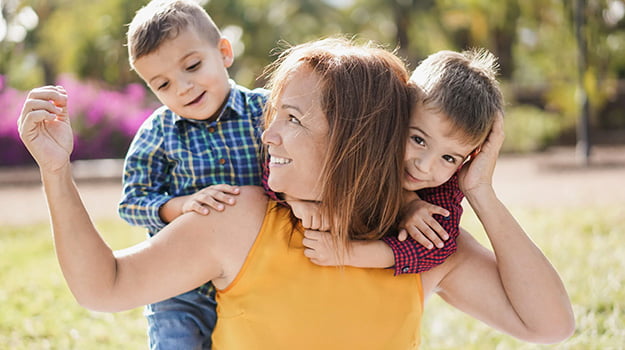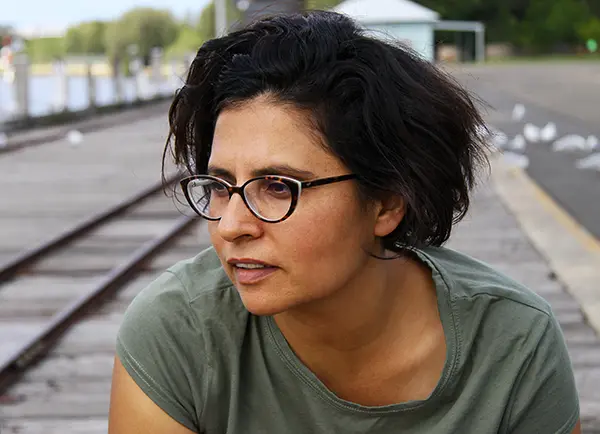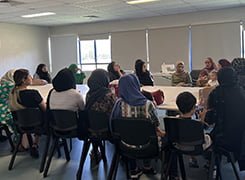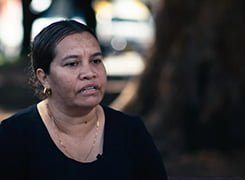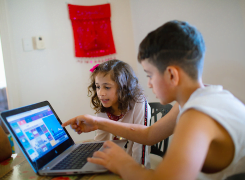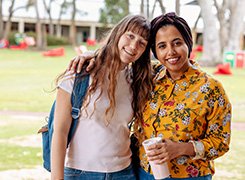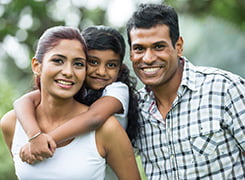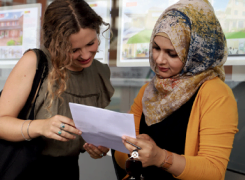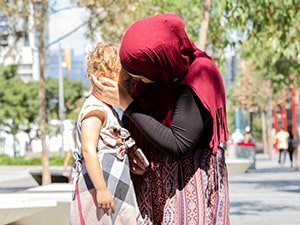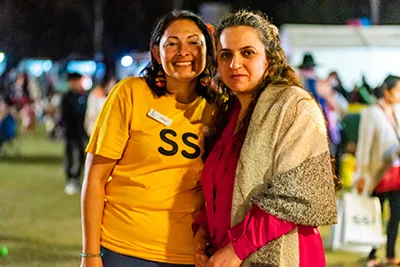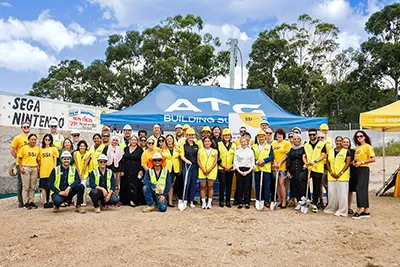Keep migrant and refugee women safe from violence
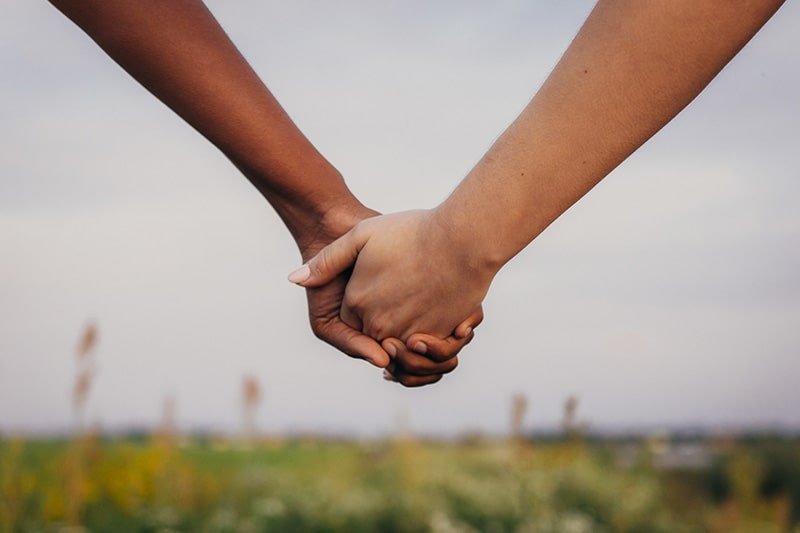
When it comes to domestic and family violence (DFV), migrant and refugee women do not have equal access to support.
There are many barriers that interfere with migrant and refugee women seeking support, and when they do, their experiences and outcomes within the domestic and family violence system can be vastly different – but this can change.
In support of DFV prevention and awareness month, we’re looking at what we can all do better to support migrant and refugee women who are experiencing domestic and family violence and coercive control
Coercive control is when someone uses patterns of abusive behaviour against another person. Over time this creates fear and takes away the person’s freedom and independence. This dynamic almost always underpins family and domestic violence. .
You can also read more on the issues SSI is advocating for in this space, like strengthening the domestic and family violence system to create better outcomes for women, children and families from migrant and refugee backgrounds.
Together we can work towards keeping migrant and refugee women safe from violence.
How does DFV & coercive control manifest in migrant and refugee communities?
All communities in Australia experience domestic and family violence. As a service provider specialising in working with individuals from culturally and linguistically diverse backgrounds, SSI operates frontline programs, such 99 Steps and the NSW Multicultural Centre for Women’s and Family Safety, for women of migrant and refugee backgrounds experiencing DFV and coercive control.
Women from migrant and refugee backgrounds face a number of unique barriers that make them less likely to report domestic and family violence. These include language barriers, cultural stigma, lack of trust in government and mainstream services, financial insecurity, and visa status.
As a result of these barriers, migrant and refugee women are more likely to remain in unsafe situations and only seek assistance at the point of crisis. They are also more likely to either remain with or return to the perpetrators.
Recognise the signs of DVF and coercive control
Coercive control can involve a range of different behaviours, including physical and non-physical abuse. It can be hard to spot because abuse can be subtle and targeted. For migrant and refugee women, coercive control can include the following:
- Stopping you from following your religion or cultural practices, or using your beliefs against you
- Threatening you or your family, including threatening to have your visa cancelled, or to take your children away
- Forcing you to marry or be in a relationship when you don’t want to
- Stopping you from contacting your family or community, or telling them lies or information you don’t want shared
- Controlling if and when you get pregnant, or forcing you to end a pregnancy
- Stopping you from learning English to make it hard for you to talk to English-speaking people and services, or to get a job
- Controlling your money or making demands for more, or very high, dowry payments.
This helpful resource page from the Australian Government website gives you more information on understanding how coercive control can affect people from migrant and refugee backgrounds, including information on where to find help.
What can be done to better support migrant and refugee women experiencing violence?
Violence against women across cultures is driven by gender inequality. However, migrant and refugee women can face specific challenges due to culturally specific norms about gender and relationships, impact of pre- and post-migration experiences, social isolation, limited systems literacy, and restricted access to support in view of residency status. As such, effective approaches to address and prevent violence should be tailored to multicultural communities.
DFV services need specialist skills and capacities to understand the dynamics in culturally and linguistically diverse families and communities and provide culturally responsive support.
Multicultural and settlement service providers like SSI regularly support women experiencing family violence. However, our capacity to respond effectively is constrained by limited funding and service scope.
At SSI, we advocate to:
- Make the domestic, family and sexual violence service system culturally responsive so migrant and refugee women have equitable access, experience and outcomes.
- Dismantle the financial barriers women face when escaping violence, particularly for women on temporary visas.
- Expand early intervention services.
- Enhance rapid response services and support.
Equitable access to DFV services is an important right for all people. This requires commitment at all levels of government to affirm the shared responsibility to deliver a more culturally responsive DFV service system.
Do you, or someone you know, need support?
If you are in immediate danger, please call 000.
Take the important step of reaching out.
Click here to be taken to our DFV page for contact details of our 99 Steps program (QLD) and NSW Multicultural Centre for Women’s and Family Safety.
Resources
